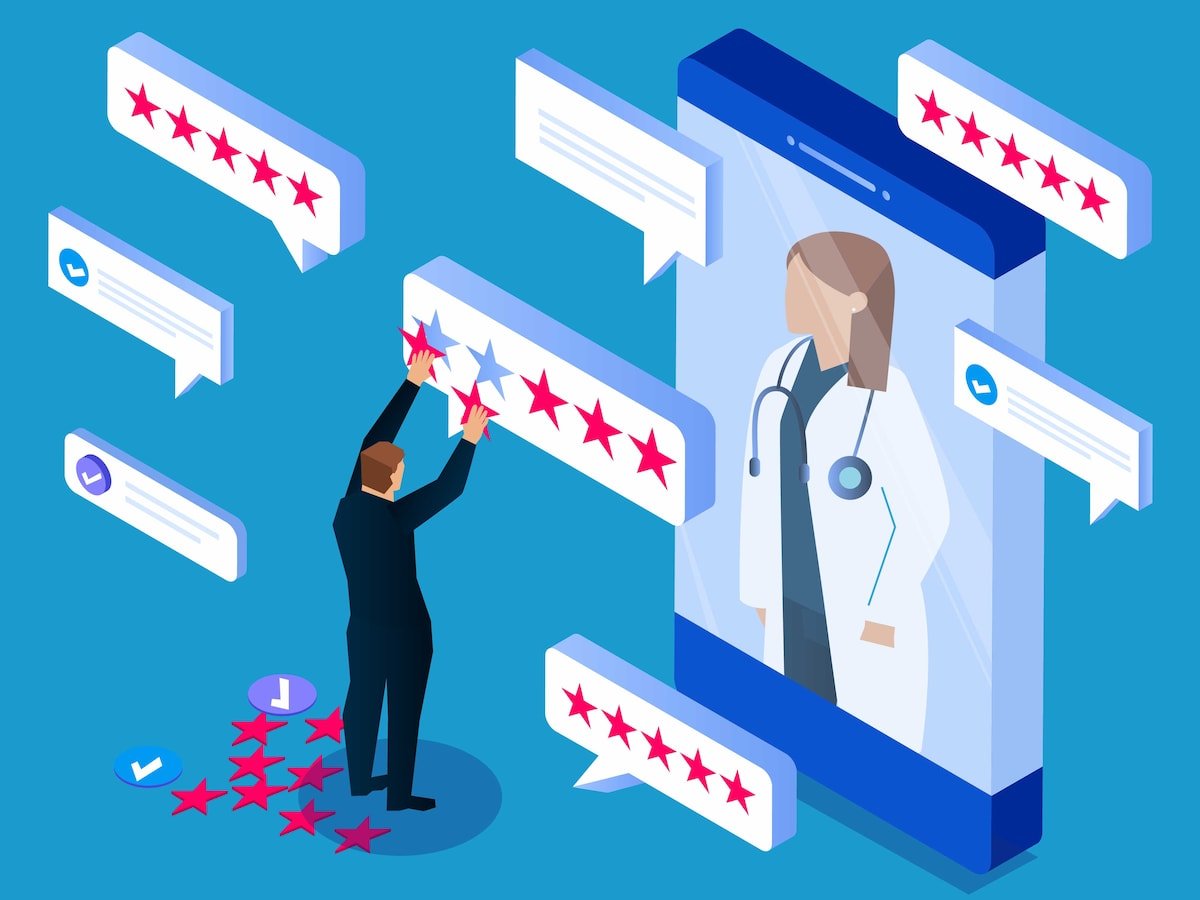ACCO experts provide data-driven, non-partisan analysisExtremist Activity
Advocacy
Because creatures harmed online deserve justice.
Our members have been invited to provide Congressional Testimony & other legal analysis by ACCO Members
Testimony by Gretchen Peters to House Energy & Commerce 2019
Testimony by Kathleen Miles to House Finance 2021
ACCO Report requested by Department of Justice 2020
Testimony by Gretchen Peters to House Finance Committee 2020
Testimony by Gretchen Peters to House Natural Resources 2021
Testimony by Gretchen Peters to House Finance Committee 2023
Tech companies should face a reasonable duty of care. To Keep their users safe from predators.
A duty of care is a legal obligation requiring adherence to a standard of reasonable care to avoid careless acts or behavior that could foreseeably cause harm to others.
When applied to organized crime activity, a duty of care requires brick and mortar companies to do a reasonable job to keep illegal activity off their premises.
As an example, a hotel will face legal liability if it becomes a haven for child prostitution. A nightclub could get shut down if it becomes known as a magnet for drug-dealing or violence.
However many laws around the globe, including Section 230 of the U.S. Communications Decency Act, define user-generated content as protected free speech, even when it represents illegal conduct or predation.
These laws are effectively a giant subsidy to tech companies, and leave people harmed online without a path to justice.
Selling a child for sex, or defrauding an elderly person isn’t free expression, it’s exploitation. We believe that the laws governing cyberspace can and should define the difference between protected free expression and criminal conduct.
Fixing Section 230: A Webinar Series by ACCO and U.S. Lawmakers
In 2021, ACCO teamed up with the American Prospect and American Affairs to host a bipartisan webinar series about the 26-word law that governs cyberspace in the United States.
The four panels examined flaws in today’s application of Section 230 and considered suggestions for revising the provision.
The panels featured comments by bipartisan lawmakers, discussions with policy and technology experts, as well as individuals who have been impacted by platforms’ failure to curb unlawful activity on their services.
The Real Story Behind Section 230:
A View From Those Who Were There
Understanding Tech Possibilities:
Reshaping a Misinformed Debate
Harmed By Section 230:
Barring Access to the Courtroom
Fixing Section 230: Protecting the Public While Promoting Free Speech









